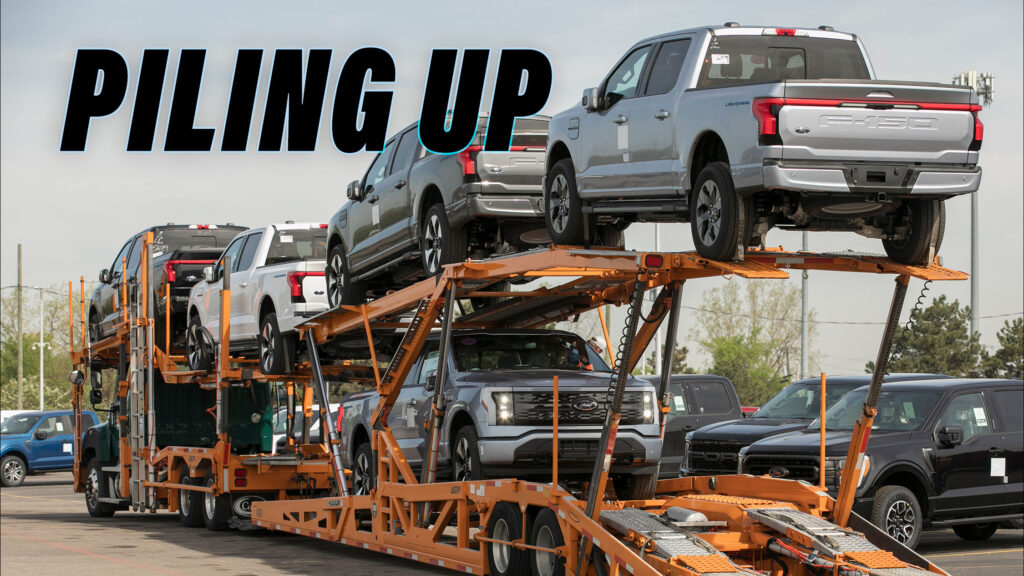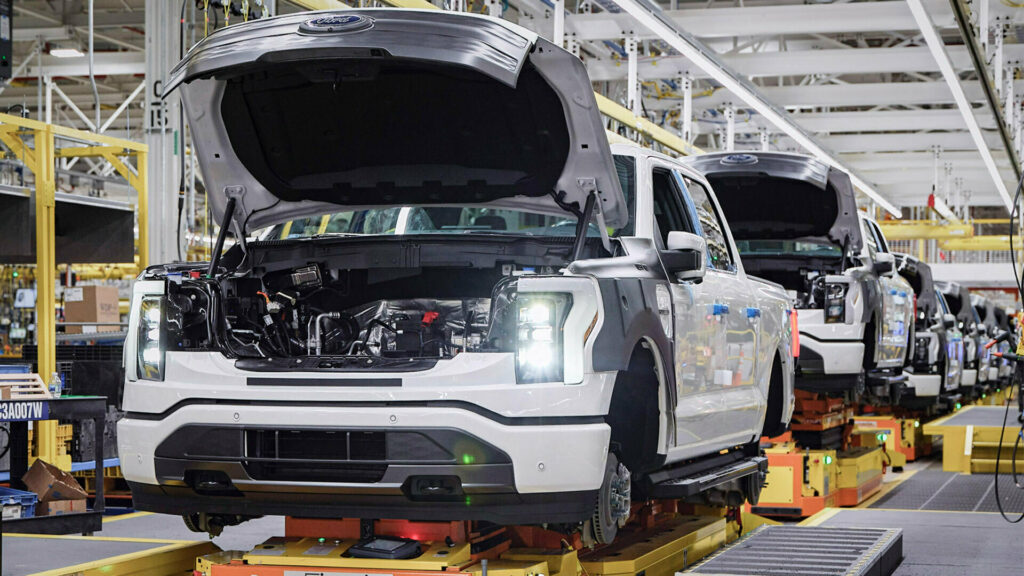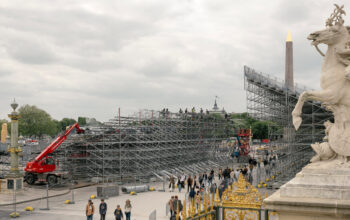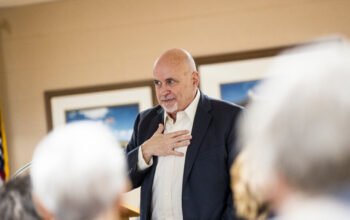Dealers are holding 114 days of supply of electric vehicles, up from only 53 days a year ago
December 15, 2023 at 09:00
 –>
–> 
–>
It feels like only five minutes ago that we were writing about how dealers were struggling with a severe shortage of cars as automakers wrestled with the chip crisis and COVID shutdowns. Now the situation has flipped on its head and dealers are trying to deal with a glut of available vehicles and automakers are being forced to wind down production to prevent new cars piling up into a mountain of metal.
But this time the supply story is specific to EVs. Data from Cox Automotive reveals that the U.S. inventory of electric vehicles currently stands at a 114-day supply, up from only 53 days for EVs this time last year, and 71 days for the auto industry when all powertrains are considered.
No wonder automakers are scaling back production of electric cars that were launched to much fanfare not long ago. Ford is slashing output from its F-150 Lightning pickup by 50 percent, and its big rival GM, which is a little behind the curve, has had to temporarily delay the introduction of the Equinox and Silverado, despite having officially revealed both and made promises about on-sale dates.
advertisement scroll to continue
Related: Nearly 4,000 Car Dealers Plead With President Biden To Slow EV Push

What’s the leper of the EV field? That would be the Ford Mustang Mach-E, according to Cox, which has a ginormous 284-day supply. The same company’s Lightning has a 111-day supply, Nissan is struggling to find homes for 183 days’ worth of Leafs (Leaves?) and even the cool Kia EV6 has 145 days of supply, Bloomberg reports. But not every automaker has a ton of unsold EVs. Both the Chevy Bolt and Toyota bZ4X have supplies lower than the EV average.
When we hear stories about Tesla topping overall sales tables in Europe month after month it’s easy to assume that it’s a similar story in the U.S. and that buyers are hungry for EVs in general. But doesn’t appear to be the case. Now that the first major wave of EV buyers has got themselves an electric car, those left are proving harder to convert, being worried about battery life and replacement cost, the availability of chargers, and depreciation.
Last month a collective of U.S. dealers wrote to President Biden asking him to ease back on the government’s plan to push consumers into EVs, telling him that “BEVs are stacking up on our lots.”

 <!–
<!– –>
–> 

